August saw a busy period of activity for bids being submitted and a number of awards were won with congratulations due to Schools for winning research grants, consultancy contracts and organising Short Courses.
There were a significant number of European Commission Marie Curie Fellowships submitted in August and so good luck goes to EUADS member Anita Diaz, and to Robert Britton for his three applications, both from ApSci, to Mark Hadfield, and also to Feng Tian and Chang Liu for their applications, all from DEC, to Vanora Hundley from HSC, to Jian Chang, Darren Lilleker (both EUADS members), Hammadi Nait-Charif, Lihua You, An Duc Nguyen for their individual applications, along with EUADS member Barry Richards for his two applications and a joint submission from Alexander Pasko, Valery Adzhiev and Oleg Fryazinov, all from the Media School, and to Ana Adi (MS) and Debbie Sadd (ST) for their joint application, and finally to Heather Hartwell from the School of Tourism, who is also a member of EUADS.
For ApSci, congratulations are due to Mark Maltby for his AHRC Large Grant to research Chickens and People: Past, Present and Future. Mark will lead on this collaborative project for over £1.5M, working with several University partners. Congratulations are also due to Adrian Pinder for two consultancies with the Forestry Commission and Natural England, the latter also involving Grants Academy member Pippa Gillingham, Roger Herbert and Richard Stillman, and to Jonathan Monteith for his consultancy with WPA Consultants. Good luck to Richard Stillman for his contract to Natural England, and to Jonathan Monteith for his consultancies to Anesco and to Churchfield Farm.
For the Business School, congratulations to Grants Academy member Dinusha Mendis for her contract with the University of Glasgow. Good luck to Lois Farquharson for her consultancy to CAFCASS, and to Yasmin Sekhon and Elvira Bolat for their application to Academy of Marketing.
For DEC, congratulations to Sarah Bate for her award from the British Psychological Society to launch the Face Blindness awareness campaign, and to Chris Benjamin for his Sonar short Course to be held in September. Good luck to Christos Gatzidis for his application to Leverhulme, to Grants Academy member Raian Ali for his application to EPSRC for Software Engineering Framework for Systematic Social Sensing, to Christopher Richardson and Hongnian Yu for their KTP to TDSi, to Shamal Faily and Cornelius Ncube for their application to Centre for Defence Enterprise, and to Venky Dubey for his application to UK Science and Innovation Network.
For HSC, congratulations are due to Jane Murphy and Joanne Holmes for their Burdett Trust for Nursing project to research ‘Empowering nurses and care home staff to lead excellence in nutrition and dignity in dementia care’, to Clive Andrewes for his short course with Poole Hospital NHS Trust, and to Keith Brown for his two short courses with Portsmouth Hospital NHS Trust and Worcestershire County Council. Good luck to Jonathan Williams for his application to the Private Physiotherapy Educational Fund, and to Keith Brown for his short course to Cheshire West and Chester Council, and his contract to Croydon Council.
Congratulations to the Media School for Liam Toms two consultancies with Swann Recruitment Ltd and Doppelganger Productions. Good luck to Julian McDougall for his application to AHRC, to An Duc Nguyen for his contract to the World Federation of Science Journalists, and to Richard Scullion, Rebecca Jenkins, Iain MacRury and Mike Molesworth for their application to the Society for Research into Higher Education to map out best practice in factors influencing recruitment, retention and the student experience in a marketised Higher Education.
For the School of Tourism T, congratulations to John Fletcher, Adam Blake and Yeganeh Morakabati for their contract with Gibraltar Chamber of Commerce, to Lisa Stuchberry, Jon Hibbert and Nicky Pretty for their contract with Bournemouth Borough Council, to Richard Gordon for his short course in International Disaster Management to run in September, to Lisa Stuchberry, Jon Hibbert and Lauren Thom for their contract with Royal Bournemouth and Christchurch Hospitals NHS Foundation Trust and for their consultancy with West Dorset District Council, and to Crispin Farbrother for his short course with Wuhan City Vocational College.


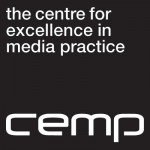
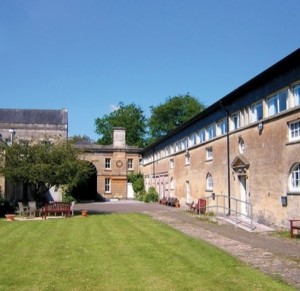
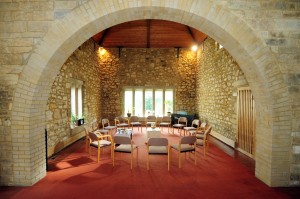

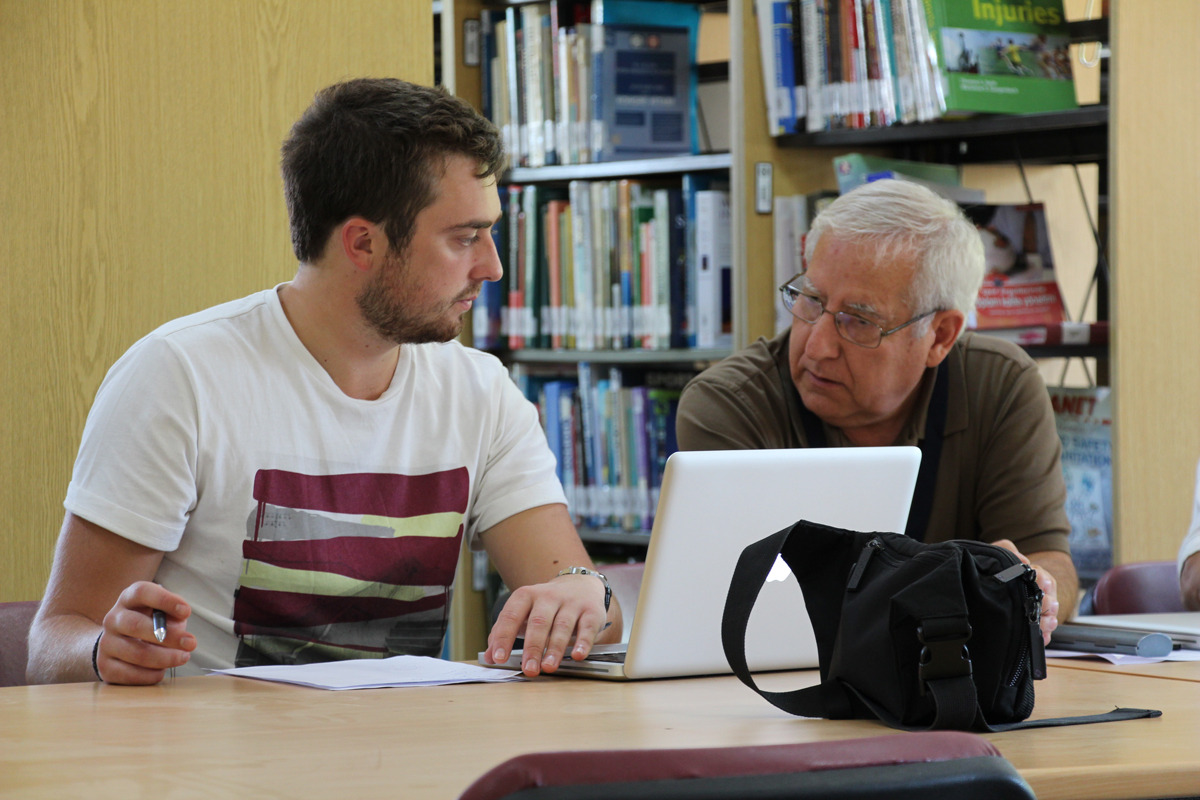
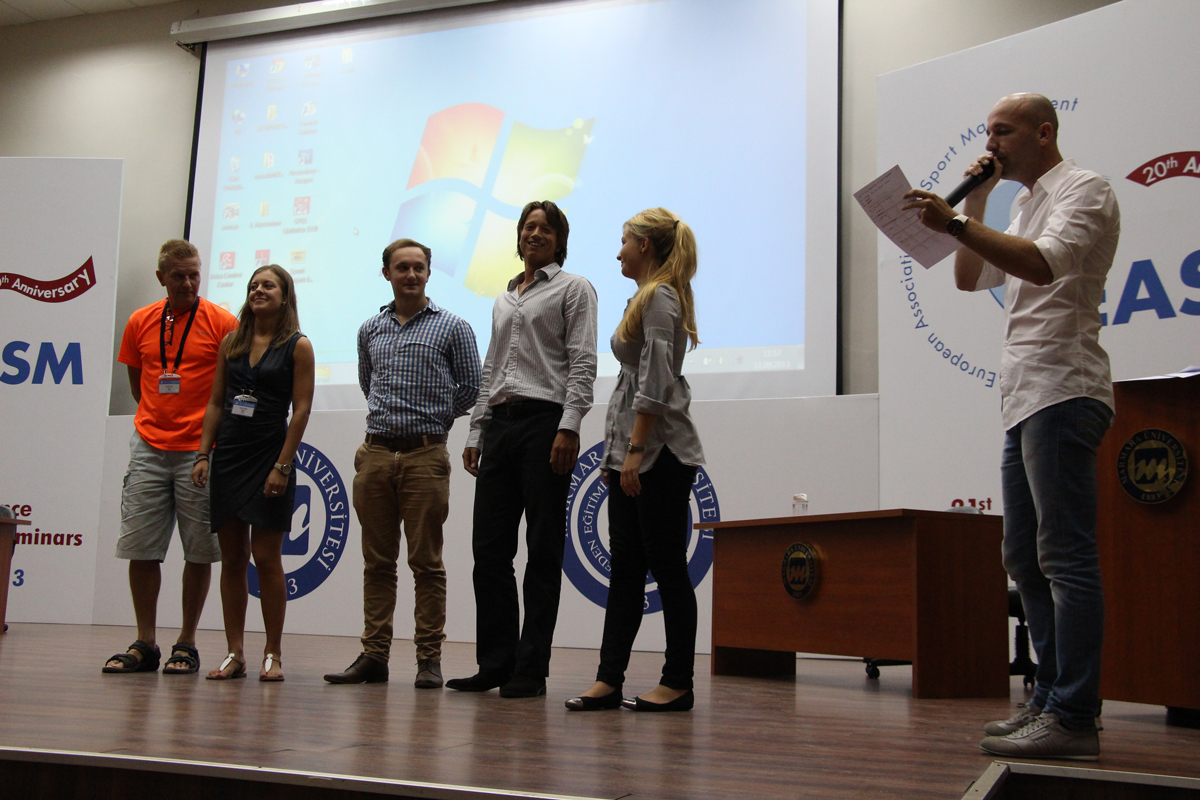
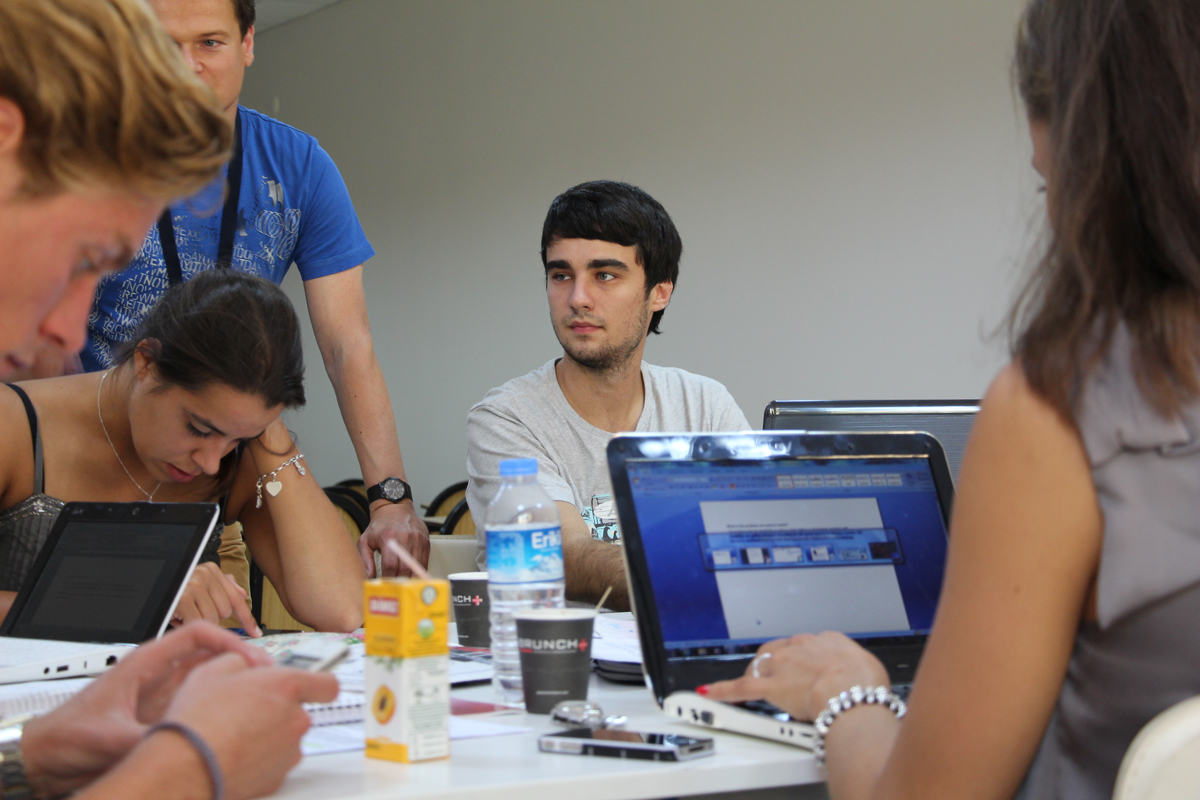
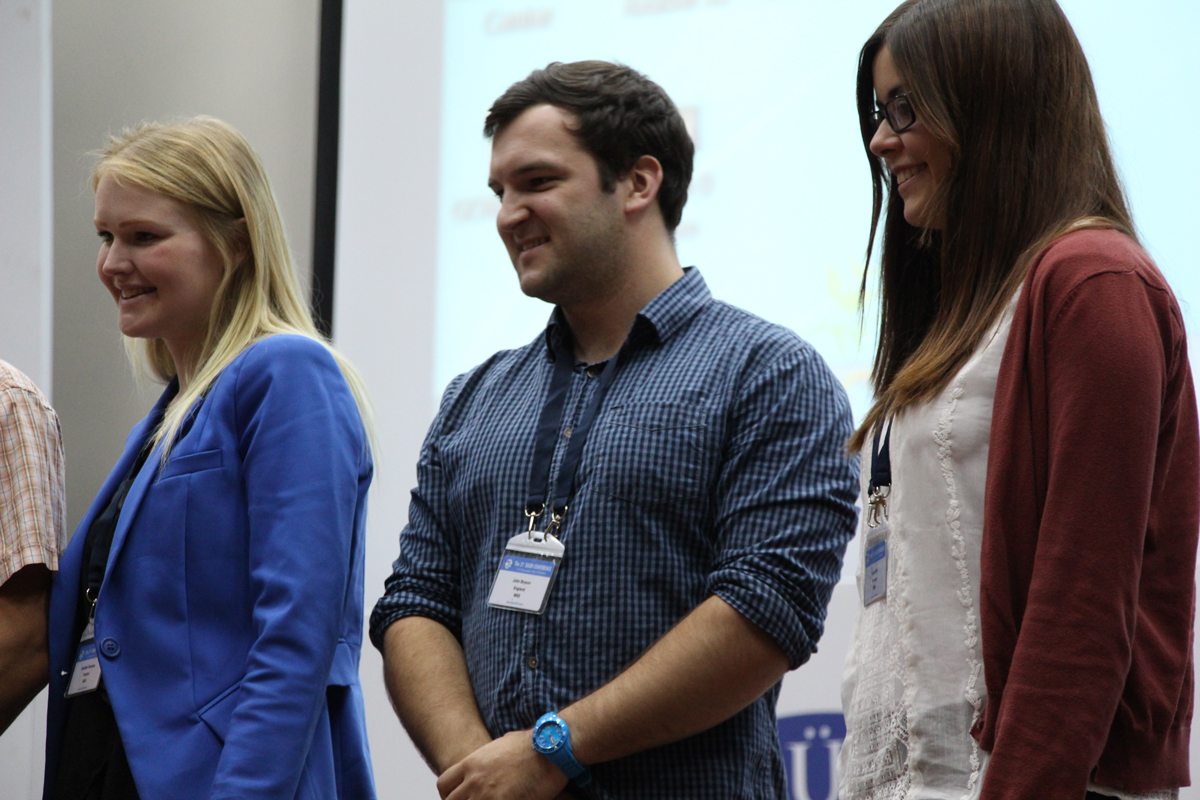
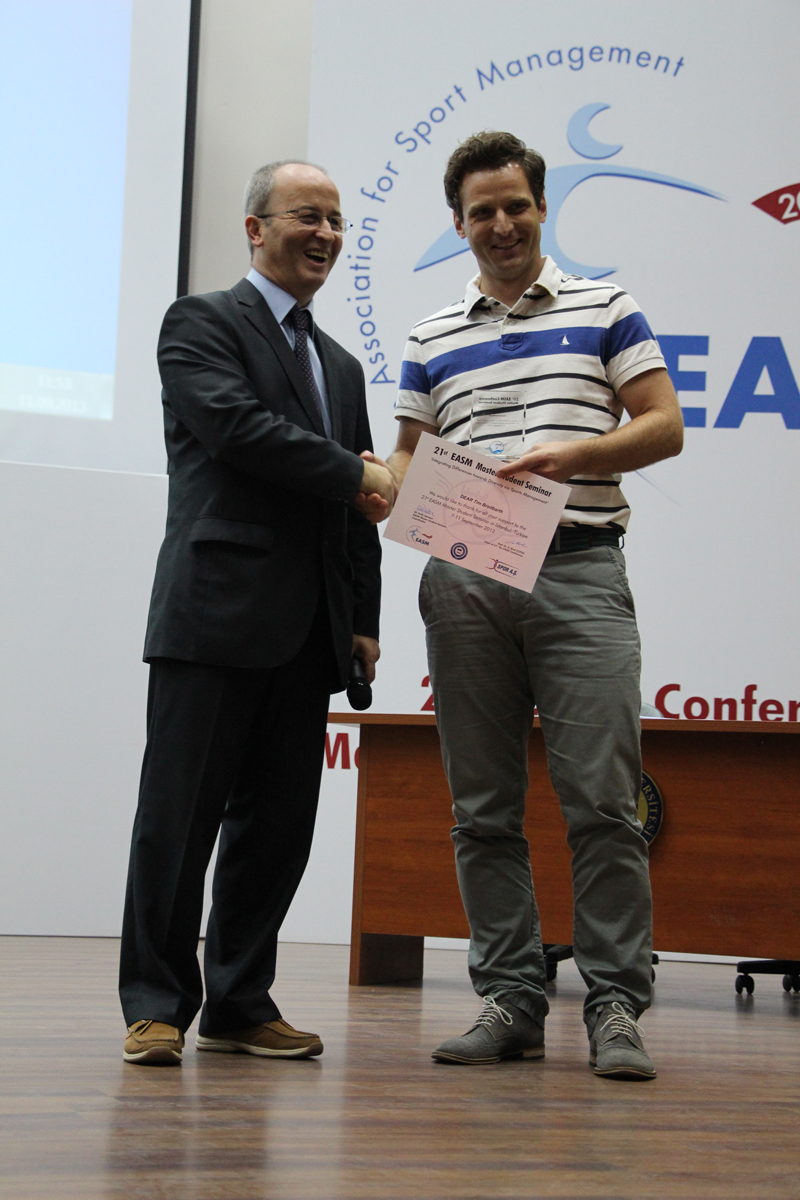
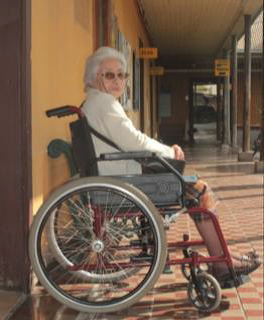




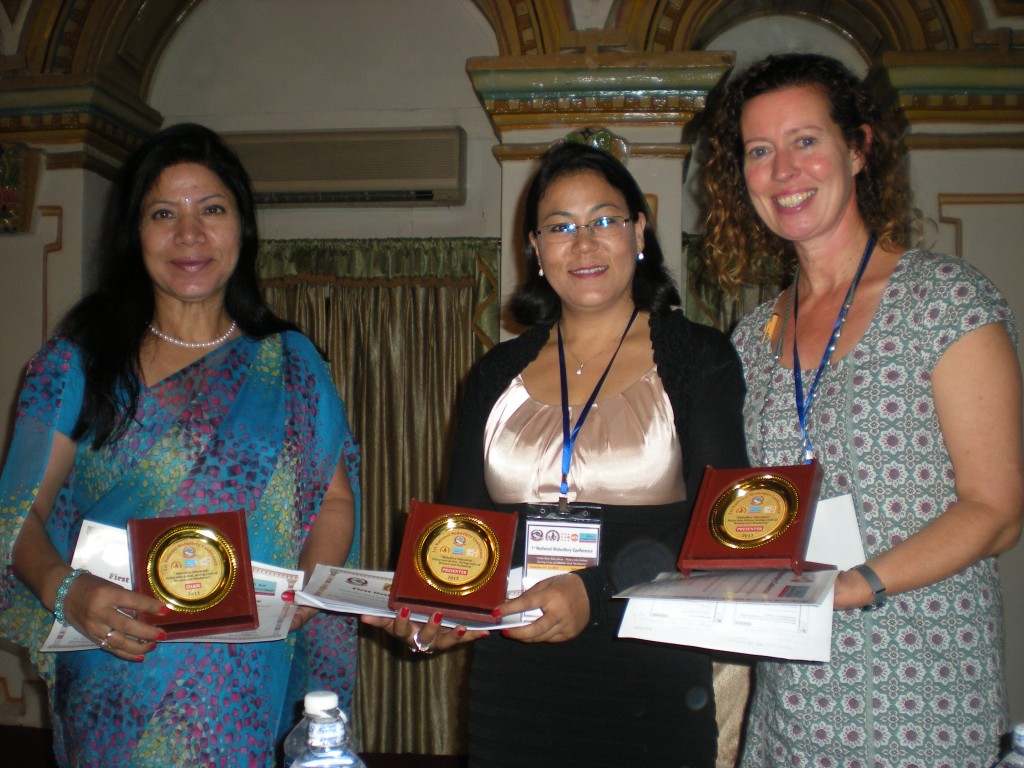

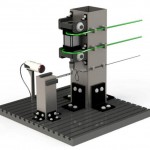























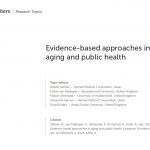 New eBook published in April
New eBook published in April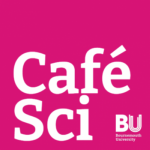 Café Scientifique Tuesday 4 June 2024 – How can we become more resilient in the face of multiple risks and hazards?
Café Scientifique Tuesday 4 June 2024 – How can we become more resilient in the face of multiple risks and hazards? MSCA Postdoctoral Fellowships 2024
MSCA Postdoctoral Fellowships 2024 Horizon Europe News – December 2023
Horizon Europe News – December 2023